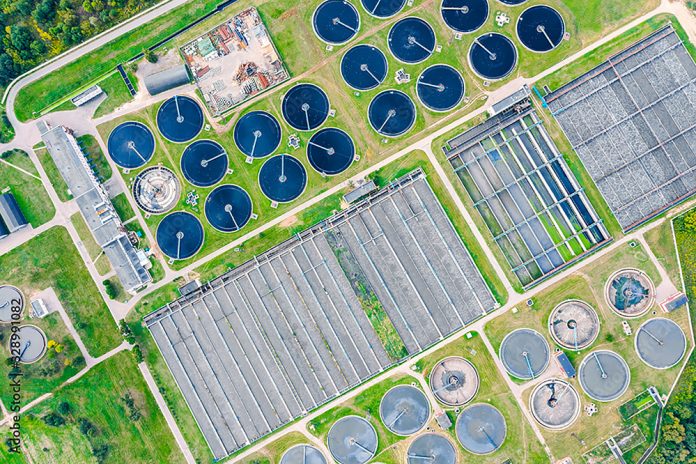Many industrial manufacturing processes will result in the production of acidic waste streams. Where these undergo on site treatment, they are likely to require neutralisation before discharge, in order to comply with a discharge consent. Many of these on site processes taking place include the treatment of effluents, which are the source of high phosphate concentrations.
Relevant local authority discharge levels are becoming more stringent following recent changes in environmental legislation, with the control of phosphate in wastewaters being a key factor in controlling and preventing the eutrophication of surface waters.
Phosphorous is a key element for all living systems, however global supplies are gradually being exhausted and hence there is a continuously growing demand for the extraction of phosphorus from wastewater effluents and sludges to allow for its recovery and re-use. To capture the phosphorus certain chemical conditions are required, which will be affected by pH and settling time.
OMEX Environmental Ltd manufacture and supply Magmex, which is a range of non-hazardous, user- and environmentally-friendly magnesium hydroxide suspensions. The primary functions of Magmex include increasing the pH to neutral/alkaline zones, while additionally increasing the alkalinity in the effluent treatment plant. Magmex is easy to control operationally and produces lower metal hydroxide sludge volumes. Magmex can also be used to effectively precipitate phosphate.
By correcting to higher pH values, using Magmex 1060, the waste stream will achieve acceptable discharge pH, and with allowing sufficient settling time, Magmex can also remove up to 90% of the Total and Soluble Phosphates.
Case Study – Removal of Total and Soluble phosphates from a municipal wastewater treatment plant.
A municipal wastewater having a pH of 7.6, total phosphate concentration of 22.07 ppm and a soluble phosphate concentration of
0.24 ppm underwent phosphate removal using Magmex by increasing the pH to a value of 10 in a non-biological environment.
After 1 hour of settling time, the total phosphate removal was more than 90%. When the samples were allowed to settle for 24 hours, a further 42% was removed from the remaining total phosphate concentrations. The overall removal rate of soluble phosphate over the 24 hours was approximately 80%. A reduction in Chemical Oxygen Demand (COD) was also noticed during the 24 hours, measuring approximately 76%. A reduction in nitrate content (NO3-N) was also observed with some change in ammonium concentrations (NH4-N) over the same period.
OMEX Environmental Ltd manufacture and supply Magmex 740, a magnesium hydroxide only suspension and Magmex 1060 which is a specialised mix consisting of magnesium and calcium hydroxides engineered and developed by OMEX Environmental. Depending on the concentrations of the influent phosphate, Chemical Oxygen Demand (COD), nitrate (NO3-N) and ammonium (NH4-N) levels, either Magmex 740 or Magmex 1060 can be utilised in order to minimise the concentrations of COD, nitrates, and phosphorus in the discharge effluent. Due to the nature of Magmex and its buffering capability, it can achieve stable pH values as well as significant phosphate removal at low consumption. Assuming average temperatures and pressures, the solubility limits are not exceeded and crystallisation conditions are not achieved. Therefore, the formation of Struvite is kept to minimum levels. This is because the concentrations of soluble magnesium, ammonium and orthophosphate remain at low levels. OMEX offer support with the product during application by analysing samples throughout the process in their fully equipped laboratory, in order to recommend process optimisation solutions.
Visit www.omexenvironmental.com
or email environmental@omex.com.



